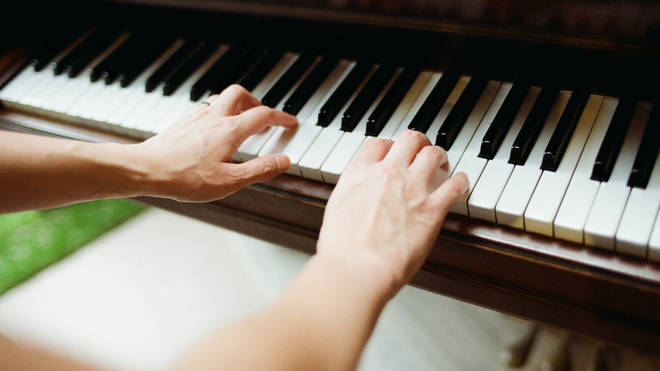... of practicing scale

They're the bane of every young (and not so young) musicians' life. But why have scales become so key to music practice?
Did you learn an at school? If so it’s highly likely that your teacher gave you scales to practise. These humble little exercises consist of playing set patterns of notes up and down, and are a staple of most mainstream music exams.
It's also highly likely that your teacher never explained to you why you had to learn these (whisper it) boring exercises, or the multitude of benefits they can bring to your playing.
Because – believe it or not – scales weren’t invented purely to make exam candidates sweat.
So let’s demystify this musicians’ ritual.What is the point of scales, and why should you include them in your practice?
Building Blocks
Scales are like a musical laboratory, or testing ground. Stripping back the intricacies and details of music allows you to focus on perfecting the foundations:
Timing
Playing scales might seem relatively straightforward, but set a metronome going and you’ll soon realise that playing them exactly in time is very hard. A good sense of internal time is a must for every musician. You need to be able to keep time accurately yourself, but also play together in larger groups. Practising scales with a metronome helps you to learn to place each note in just the right place.
TIP: Once you’ve nailed your timing, scales can also be a great practice ground for trickier rhythms, such as quintuplets and sextuplets. Just set a slow metronome and try to fit four, then five, then six notes evenly into every beat.
Play your scales and you might be able to play like this one day
Intonation
Unless you’re playing an instrument like the piano, scales give you the opportunity to fine tune your intonation. As they develop their listening, sensitive musicians come to understand the individual tuning ‘fingerprint’ of different scales, and how to tune notes differently according to where they fall within this.
Coordination and Dexterity
When you are learning a musical instrument your muscles need to get used to moving in detailed patterns with speed and accuracy.
When it comes to training this muscle-memory, scales will be your best friend. Drilling these exercises allows you to focus on the foundations of your technique: posture, breath, finger movement etc. to make your playing effortless and serene.
Sight-Reading
DON'T FREAK OUT. Scales can help here too. Put simply, scales are just sets of patterns. Knowing them will give your sight-reading a boost because a lot of music is based around fragments of the same patterns. But the benefits don’t stop there. Key signatures, chords, modulations and more difficult aspects of music theory are all much easier if you have a solid knowledge of your scales.
Improvisation
Practising scales doesn’t just help you refine your technical ability. If you’re a jazz musician, knowing your scales inside out is the foundation of improvisation, and we’re not just talking major and minor, there are a whole host of different ‘modes’ (different set patterns of tones and semitones) which give flavour to improvisation. Mastering all these different modes gives you a wide choice of palettes from which to improvise...
Scales may not sound like much, but when you hear a real master play a simple exercise like a scale it highlights the level of perfection that every musician could strive for in their playing.
Better get practicing...


